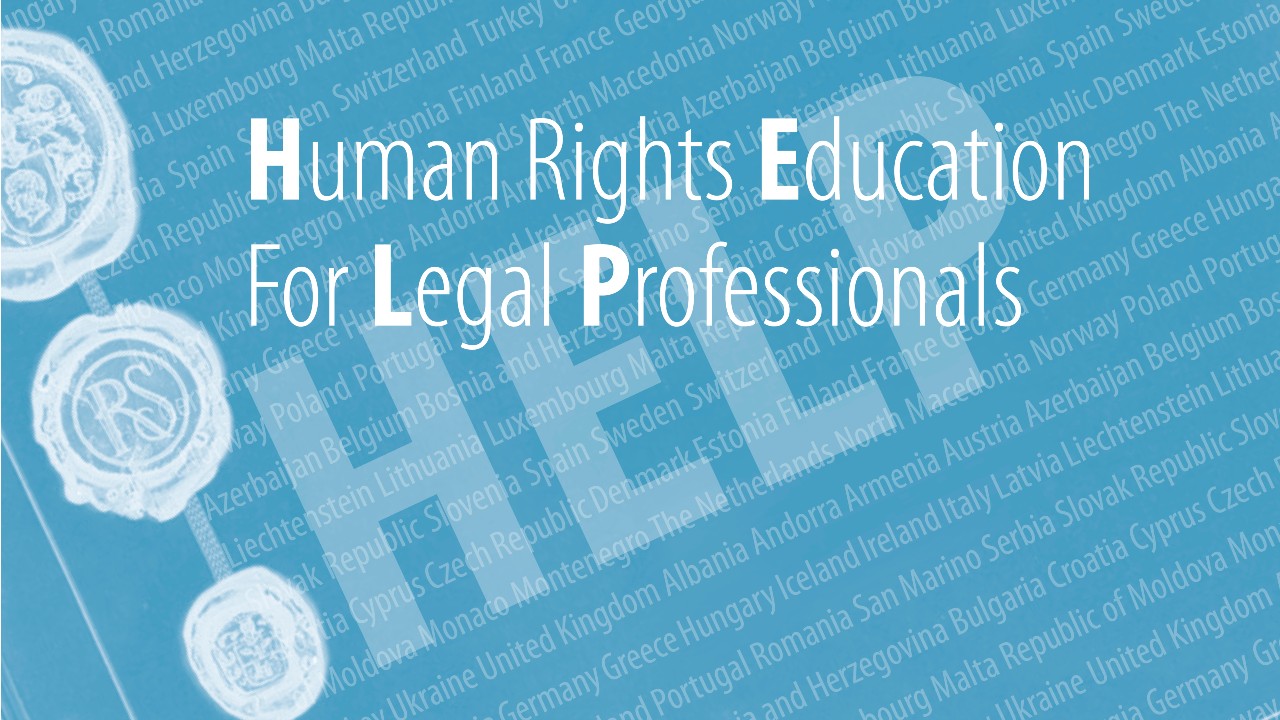The Removal of a Judge by a National Judicial Council
The Dismissal of a Judge by a National Judicial Council
Article translated from the original French
A large number of States Parties to the European Convention on Human Rights (“the Convention”) entrust a special institution with the task of disciplining misconduct that magistrates – judges or prosecutors – may commit in the course of the performance of their duties. Such an institution, sometimes enshrined in the Constitution, is often referred to, in French, as the “Conseil National de la Magistrature” (National Judicial Council) or “CNM”.
This is the case, for instance, in the Former Yugoslav Republic of Macedonia, which in less than a year has been the subject of four judgments from the European Court of Human Rights (“the Court”): Mitrinovski (n° 6899/12), 30 April 2015, Gerovska Popčevska (n° 48783/07), 7 January 2016, Jaksovski et Trifunovski (n° 56381/09), 7 January 2016, and Poposki et Duma (n°69916/10 et 36531/11), 7 January 2016.
These judgments all relate to the question of the composition of the “CNM”, when the latter holds a genuine judicial function. Each time the Court unanimously found a violation of Article 6 Paragraph 1 of the Convention for lack of impartiality, and in the case of Gerovska Popčevska for lack of independence of the said body.
****
Under the law on the judicial organisation in force at the material time, any member of the CNM could request the council to establish that a Judge had committed professional misconduct. In addition, any conclusion of the CNM finding the Judge guilty of such misconduct, inevitably led to the removal of the Judge.
The circumstances of the four cases were very similar; all applicants had been subjected to disciplinary proceedings, after which the CNM removed the applicants from their positions for professional misconduct.
The alleged misconducts justifying the sanction were, however, of various natures: the unlawful replacement of a remand in custody order with a compulsory residence order (Mitrinovski), the consideration of a case without following the established order of priority (Gerovska Popčevska), lack of due care in the conduct of civil proceedings (Jakšovski), lack of due care in investigating an incident in a detention centre (Trifunovski), violation of the rules on the representation of parties (Poposki), and failure to establish the identity of a convicted person and potential conflict of interest (Duma).
In the Mitrinovski case, Justice J.V., chairman of a committee of five judges of the Supreme Court, initiated proceedings against the applicant before the CNM, to which he submitted materials and arguments in support of his allegations of professional misconduct. He appeared as an applicant before an ad hoc commission established by the CNM to decide upon the complaint. He then took part in the final decision to revoke the applicant, in his role as a member of the full bench of the CNM.
In the Gerovska Popčevska case, Justice D.I., member of the full bench of the CNM, decided upon the case of the applicant after sitting in the chamber and the plenary assembly of the Supreme Court that held there had been professional misconduct. He had voted in favour of the opinion of the plenary assembly, being fully aware that the opinion would be used in the pending proceedings against the applicant before the CNM. In addition, the Justice Minister had sat in the CNM when the decision to dismiss was made, despite having previously lodged a request with the CNM in respect of the case of the applicant, as chairman of the National Anti-Corruption Commission.
In the Jakšovski and Trifunovski cases, Justices V.V. and R.P. requested the CNM to investigate the case of the first and second applicants respectively. Justice V.V. had also conducted a preliminary investigation aimed at collecting relevant information and evidence. Subsequently, an ad hoc commission established by the CNM examined these elements and heard the applicants’ arguments as well as Justices V.V and R.P. who then took part in the final decision on the removal.
****
As regards the motivation of judgments, the issue of the applicability of Article 6 Paragraph 1 of the Convention to the proceedings before the CNM has not been raised. This is actually justified since the civil aspect of the right at stake – continuing to exercise the profession of a magistrate – has been clearly recognised by the Court in the Olujić v. Croatie case, rendered on 5 June 2009 regarding the removal of the President of the Supreme Court.
Similarly, the CNM has been implicitly recognised as a “Court”, despite not being a standard court nor part of the ordinary judicial system of the country. In each of these judgments, the ECtHR had no difficulty in considering that the judges who initiated the disciplinary proceedings against the applicants had acted as prosecutors. Therefore, they were disqualified from participating in the judgments of the magistrates and in the imposition of the most severe disciplinary sanction, that is to say dismissal. Consistent with its caselaw related to impartiality, the ECtHR refused to attach any importance to the fact that the judges challenged for bias by the applicants were only one or two members among the fifteen members of the plenary session of the CNM. The sole fact for these judges to combine functions has raised objective doubts as to the impartiality of the CNM as a whole.
****
In conclusion, the four judgments considered here are consistent with the aforementioned Olujić case. They have the merit of imposing to any CNM in Europe to respect the requirements of impartiality as well as independence – de facto excluding the presence of a member of the executive such as the Justice Minister – as stated in Article 6, Paragraph 1 of the Convention, at least when this institution performs judicial functions that are of utmost importance, not only for the personal fate of the magistrates, who are outside of the jurisdiction of ordinary courts as far as their career is concerned but must enjoy the confidence of the public, but also for the good if the national judicial system as a whole.
Vincent BERGER
Lawyer at the Paris Bar
Professor at the College of Europe
Former Jurisconsult of the European Court of Human Rights




